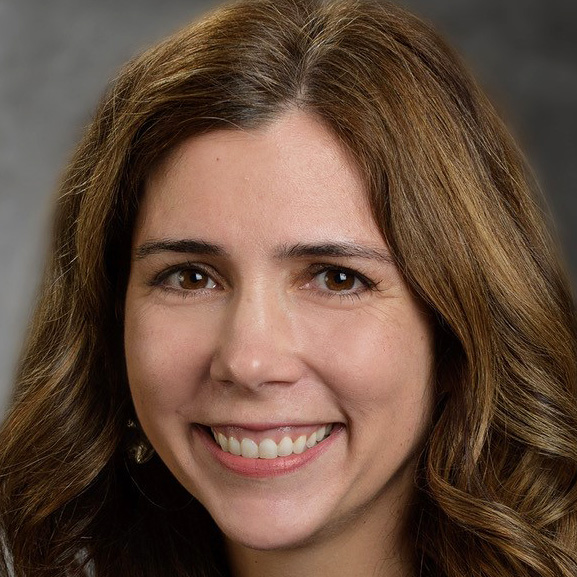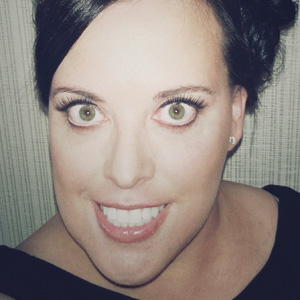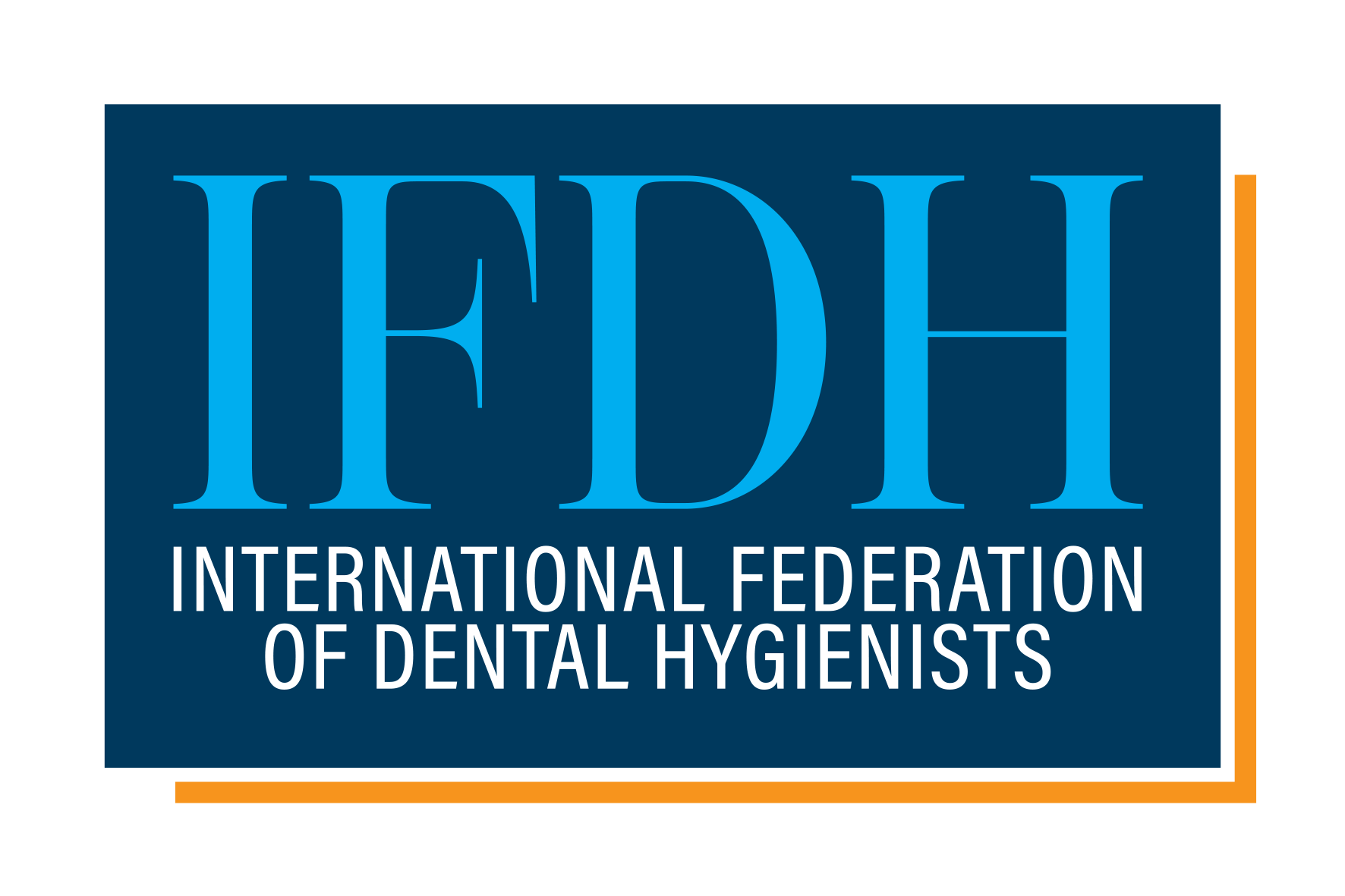IFDH Research Grant Program 2018
The purpose of this program is to promote experience in the research process and dissemination of findings contributing to the dental hygiene body of knowledge.
This grant program will provide small grants for students enrolled in dental hygiene graduate programs conducting thesis research. Students will submit a mini-proposal for consideration. Small grants will be provided (maximum up to $2000) and projects may not be fully funded. Applications are accepted on a rolling basis until all funds are granted.

2018 Awardees:

Hanna Ahonen
Jönköping University Sweden
Oral health in individuals diagnosed with obstructive sleep apnea- with or without CPAP- treatment.
The overall aim with this project is to investigate the oral health in patients with hypertension diagnosed with obstructive sleep apnea, with or without CPAP-treatment. This project is based on a previously conducted project called Hypersleep which was initiated in 2007 and studied early interventions in patients with hypertension and obstructive sleep apnea within primary care.
In our project, we examine the same study population regarding oral health from baseline (2007-2009) to ten years after obtained obstructive sleep apnea diagnosis. This project will provide knowledge about oral health in hypertensive patients with obstructive sleep apnea, CPAP-treated or not CPAP-treated, and how it changes over time.

Nicole Stormon
The University of Queensland Australia
A national study of Australian oral health student's well-being.
The oral health profession is often perceived publicly as stressed, depressed and prone to suicide. Oral health students during their training are faced with a large theoretical workload, while simultaneously learning fine motor laboratory and patient centred clinical skills. Currently, very little is known about the personality of oral health students and how they might cope in their university environments.This study aims to investigate the wellbeing of oral health students in Australia and New Zealand. Using the transactional stress theory as a framework this study will investigate the oral health environment, the personality of students and how they cope and experience stress, depression and anxiety.

Annette Smith
Idaho State University USA
Local anesthesia by dental hygienists.
The purpose of this qualitative study was to explore the perspectives of patients regarding the administration of local anesthesia (LA) by dental hygienists. Three major themes were identified including patients' experience, participants' unclear perceptions regarding the dental hygienists' educational qualifications to administer LA, and participants' future suggestions for dentists and legislators. Researchers concluded participants of the focus groups support dental hygienists administering LA and believed this practice increases patient-centered care.Participants believed the LA administrations skills of the dental hygienist are similar or better than the dentists' skills. Dental hygienists should inform patients of their title and educational qualifications when administering LA.

Rebecca McElroy
The Ohio State University USA
An evaluation of the effects of listening to music on dental anxiety during a scheduled dental appointment.
Individuals with dental anxiety experience a higher incidence of infections, psychosocial problems, and oral pain. Due to the avoidance of oral healthcare, they have the poorest dental health and present more decay, fewer filled cavities, and more missing teeth than patients who do not suffer from dental anxiety.The purpose of this study is to evaluate the effects of listening to music on dental anxiety. Participants will be assigned into one of three different groups (no music, classical music, and choice of music). By evaluating the effects of music on individuals who are negatively affected by dental anxiety, we aim to reduce the barriers to oral healthcare.

Samantha Hausler
University of Alberta Canada
Assessing learning outcomes and student learning experience following use of videos to promote self-directed learning in a periodontal instrumentation skills laboratory.
The purpose of this study is to understand dental hygiene students' self-assessment and evaluation experience when using videos of themselves as part of the learning activities for developing periodontal instrumentation skills. All 42 students enrolled in the first year of a Bachelor of Science (Dental Hygiene) program were invited to participate in the study (N=21). The study students were randomly assigned to either the control or intervention group.The data collected for this study could support teaching practices in periodontal skills laboratories and in other clinical skills curricula. Lastly, involving students in this process of self-assessment could enhance their development for self-directed learning.
Previous Winners
Menu





